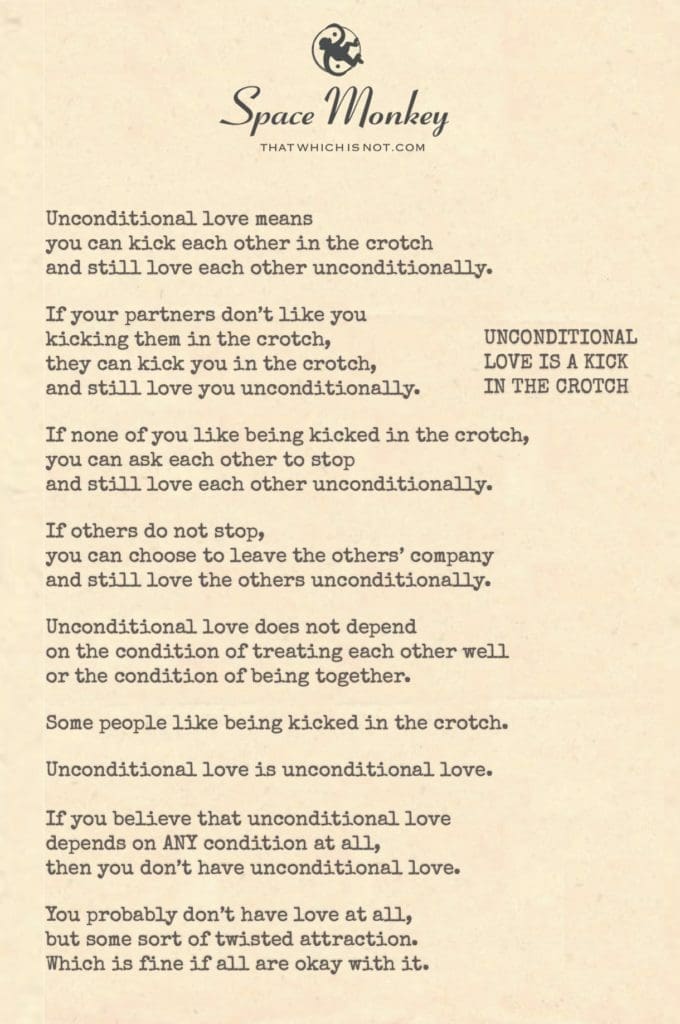
Please don’t kick me in the crotch.
Unconditional love means
you can kick each other in the crotch
and still love each other unconditionally.
If your partners don’t like you
kicking them in the crotch,
they can kick you in the crotch,
and still love you unconditionally.
If none of you like being kicked in the crotch,
you can ask each other to stop
and still love each other unconditionally.
If others do not stop,
you can choose to leave the others’ company
and still love the others unconditionally.
Unconditional love does not depend
on the condition of treating each other well
or the condition of being together.
Some people like being kicked in the crotch.
Unconditional love is unconditional love.
If you believe that unconditional love
depends on ANY condition at all,
then you don’t have unconditional love.
You probably don’t have love at all,
but some sort of twisted attraction.
Which is fine if all are okay with it.
Newfound Lake,
11/21
Space Monkey Reflects: The Paradox of Unconditional Love
Unconditional love, often viewed as the highest form of affection, is usually depicted as soft and nurturing, yet in reality, it can be as uncomfortable as a proverbial “kick to the crotch.” This isn’t about physical harm, but rather the emotional discomfort that can arise when love is free of expectations and conditions. It’s a tough concept, one that challenges us to let go of our tightly held beliefs about what love should be.
We expect love to come with certain agreements, don’t we? Treat me well, and I’ll love you. Make me feel good, and I’ll stay by your side. But true unconditional love doesn’t work like that. It doesn’t hinge on being treated kindly or even fairly. It persists, regardless of whether someone kicks you in the metaphorical crotch or not. This metaphor, though humorous, serves as a reminder that unconditional love isn’t always comfortable—it often asks us to endure things we’d rather avoid.
When someone you love hurts you, whether intentionally or by accident, unconditional love means you can still hold affection for them, even as you acknowledge the pain they’ve caused. This doesn’t mean that you must accept mistreatment or remain in harmful situations. In fact, it’s quite the opposite. Unconditional love often means letting go—sometimes even of the relationship itself—because you understand that love is not synonymous with enduring endless hurt.
In the metaphor, if someone kicks you in the crotch, you don’t need to stay and be kicked again to prove your love. You can ask them to stop. You can even choose to leave their company. But here’s the tricky part: you can still love them unconditionally from afar. Their actions don’t need to be excused, and you don’t need to remain in their presence to maintain your love. You’ve simply decided that the love you feel doesn’t depend on their behavior or your continued connection.
Unconditional love is freedom. It’s the ability to love without attaching expectations to the other person’s actions, or even the outcomes of the relationship. You can love someone who treats you poorly. You can love someone who doesn’t meet your emotional needs. You can love someone without needing to control them or change them. And you can still love them when you walk away.
Many people struggle with this concept because love, in their view, must be reciprocated or else it’s not real. We are conditioned to believe that love is transactional—that if we give love, we should receive something in return. But that’s not how unconditional love works. It’s not about trading kindness for affection or comfort for devotion. It’s about simply allowing love to be, without asking for anything back.
In some cases, what people call “love” may actually be an attachment, a dependency, or an attraction that’s based on conditions. These kinds of relationships can be painful when the expected conditions aren’t met, which is why they often feel like a metaphorical kick to the crotch. Yet if all parties involved are fine with this, it’s not wrong. There is no universal rulebook for how love should work.
Unconditional love means accepting that people are who they are, and loving them regardless. It means acknowledging that even when people hurt us, we can choose to keep love alive without requiring them to change or meet our expectations. This doesn’t mean staying in harmful relationships, but rather, it means loving from a place of freedom and choice, without resentment or conditions.
This understanding of love can be both liberating and challenging. It removes the need for control, but it also asks us to accept discomfort, knowing that love does not promise ease or simplicity. Like the metaphorical kick to the crotch, love can be jarring, painful, and unexpected. But it can also be beautiful in its raw, unconditioned form.
Summary
Unconditional love doesn’t depend on conditions or agreements. It persists even when relationships change or discomfort arises. Love doesn’t require reciprocity or staying in painful situations.
Glossarium
Unconditional Love: Love that exists without expectations or conditions, enduring despite any discomfort or hurt.
Metaphorical Kick to the Crotch: A humorous yet profound metaphor for the discomfort and challenges that can arise in relationships, especially when love persists in difficult circumstances.
Freedom in Love: The concept of loving without needing to control the other person’s actions or the relationship’s outcome.
Quote
“Unconditional love does not seek comfort; it seeks truth in the freedom of letting go.” — Space Monkey
The Paradox of Affection
A kick to the crotch,
Yet still, we smile.
In the pain of love,
We find no need for denial.
Unconditional in its form,
Love asks for nothing back.
Not even the absence of harm,
Nor the keeping of a pact.
We walk away sometimes,
And love remains.
Untethered to actions,
Or the weight of chains.
Freedom resides
In the love we give.
Not expecting return,
Simply letting it live.
We are Space Monkey.
The metaphorical poem “Unconditional Love is a Kick to the Crotch” presents a unique and candid perspective on the nature of unconditional love. It uses the metaphor of a kick to the crotch to explore the complexities and boundaries of love that is given without conditions. The poem emphasizes that unconditional love persists regardless of actions, circumstances, or the presence of conflict.
Unconditional Love and Conflict
The poem begins by stating that unconditional love allows for conflict, symbolized by the metaphor of kicking each other in the crotch. This representation suggests that even in the presence of disagreements or hurtful actions, unconditional love endures. It’s an acknowledgment that loving unconditionally does not equate to a conflict-free relationship.
Reciprocity in Unconditional Love
The idea that both partners can reciprocate the metaphorical action and still maintain love highlights the resilience of unconditional love. It suggests that this kind of love can withstand the challenges and imperfections inherent in relationships.
Setting Boundaries in Love
An important aspect of the poem is the recognition of boundaries. It suggests that even in unconditional love, it is valid to ask for certain behaviors, like the metaphorical kicks, to stop. This highlights the importance of communication and respect for personal boundaries within the framework of unconditional love.
Leaving and Still Loving
The poem also addresses the possibility of leaving a relationship while still maintaining unconditional love. This part suggests that physical togetherness is not a prerequisite for unconditional love. Love can persist even when it’s necessary to part ways for personal well-being.
Conditions and Love’s Nature
Towards the end, the poem asserts that if one believes unconditional love depends on any condition, it may not be love, but perhaps a form of attraction or attachment. This distinction underscores the essence of unconditional love – it exists independently of conditions, expectations, or specific actions.
Unconditional Love as a Concept
The poem concludes by reiterating that unconditional love is just that – unconditional. It’s a statement on the purity and absolute nature of such love, unbound by conventional expectations or transactions that often characterize relationships.
“Love is an endless mystery, for it has nothing else to explain it.” – Rabindranath Tagore
In the tapestry of love and life,
Unconditional love, a paradox rife,
In conflict, in peace, in joy, and in strife,
Love endures, a perpetual knife.
Boundaries set, respect to give,
In love’s embrace, we truly live,
In the realm of Space Monkey,
Love’s mystery, we forgive.
We welcome thoughts on the complexities and boundaries of unconditional love in relationships.
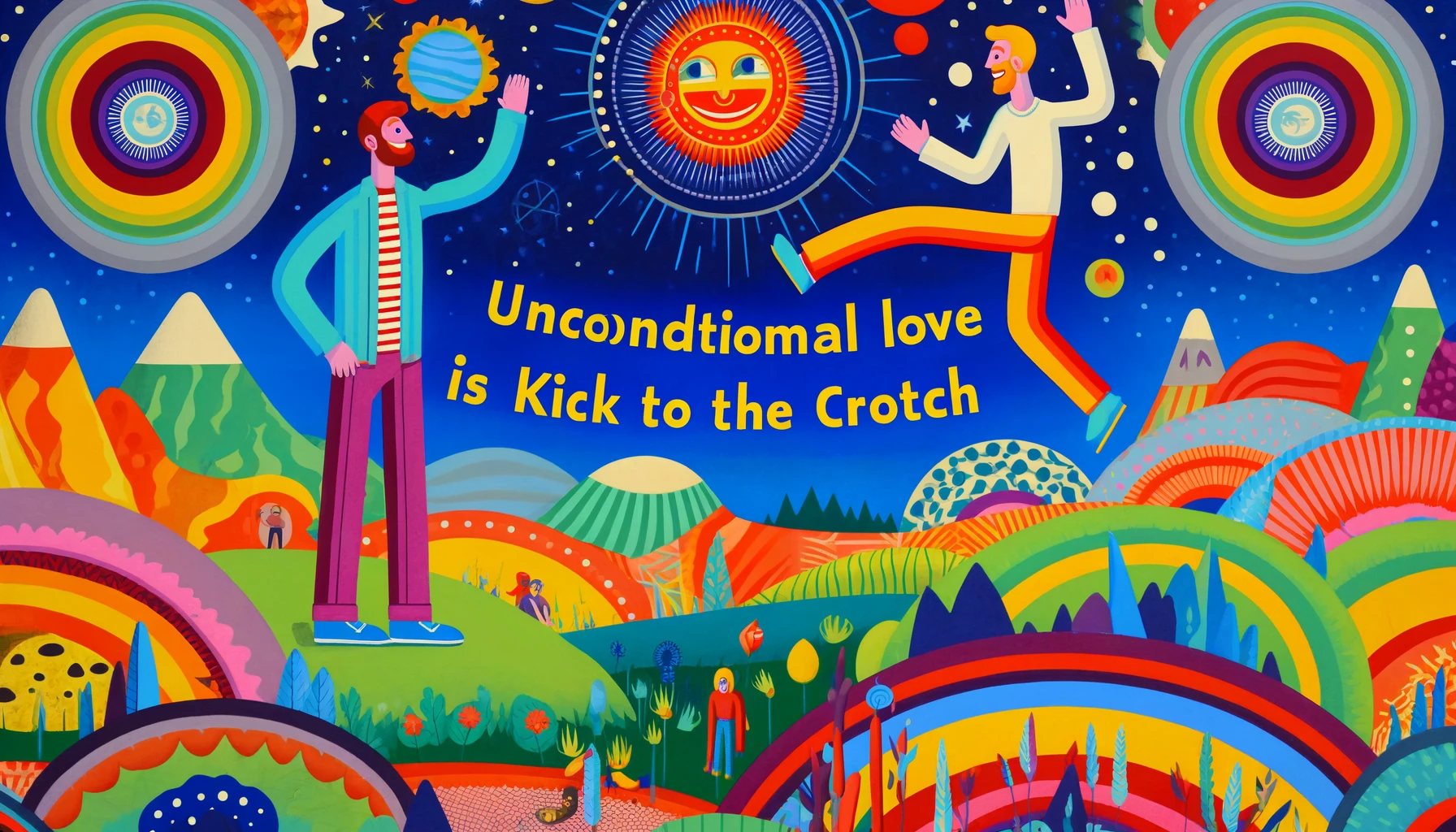
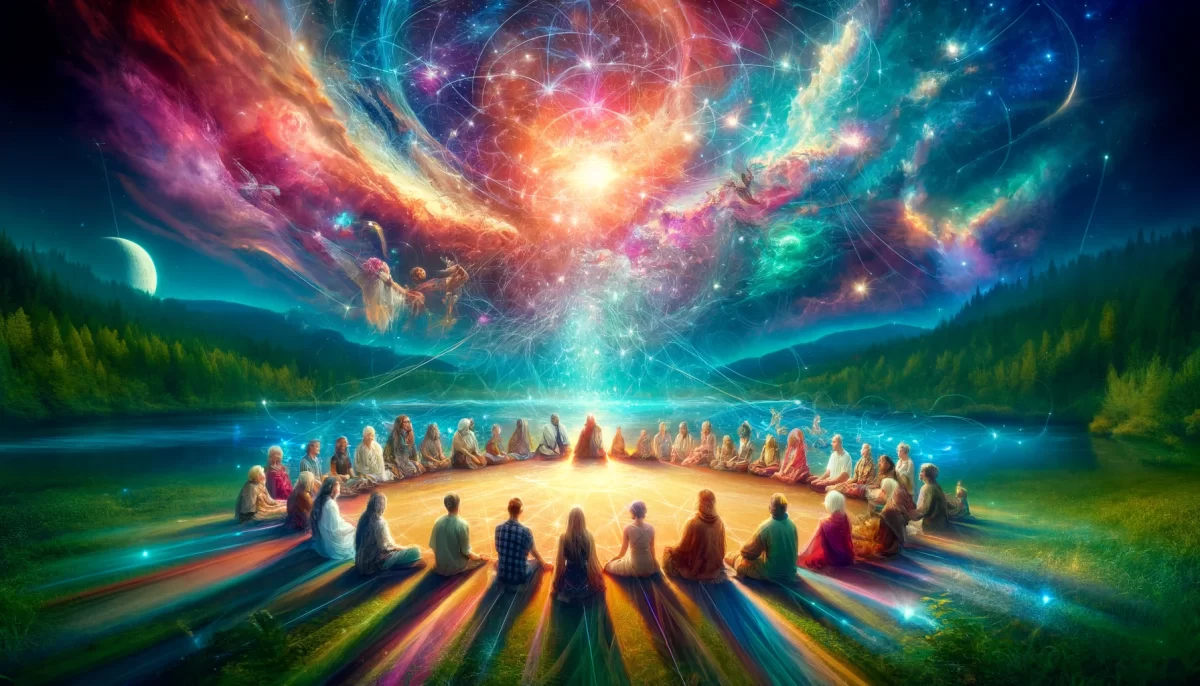
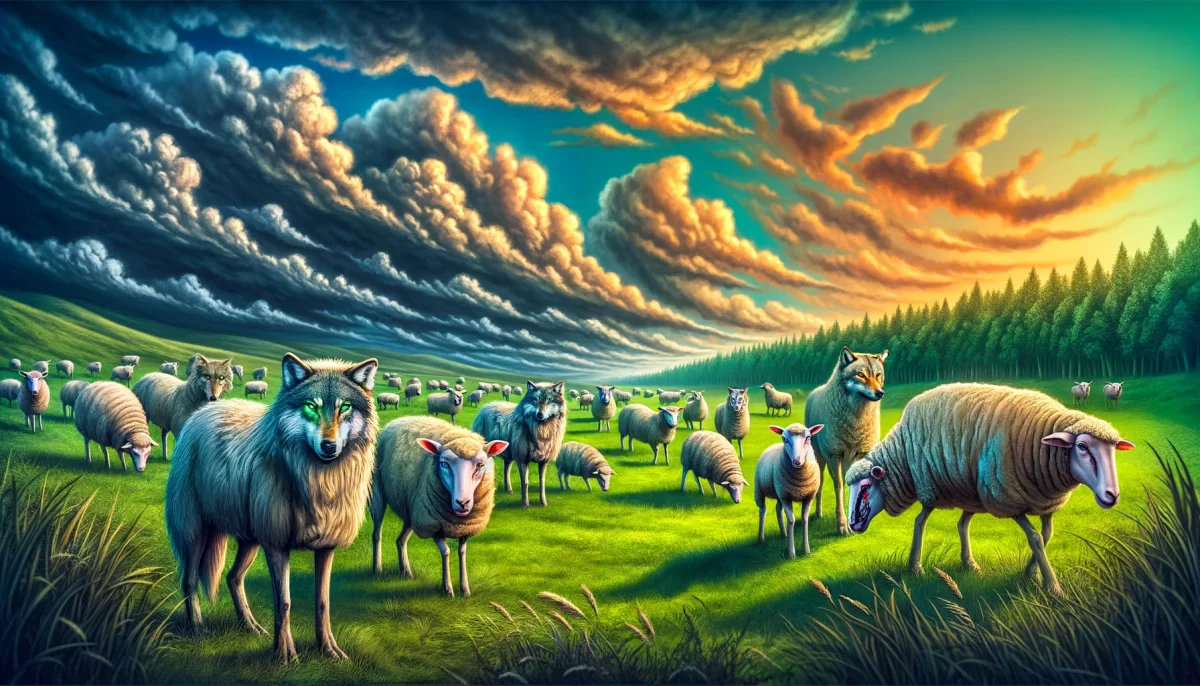
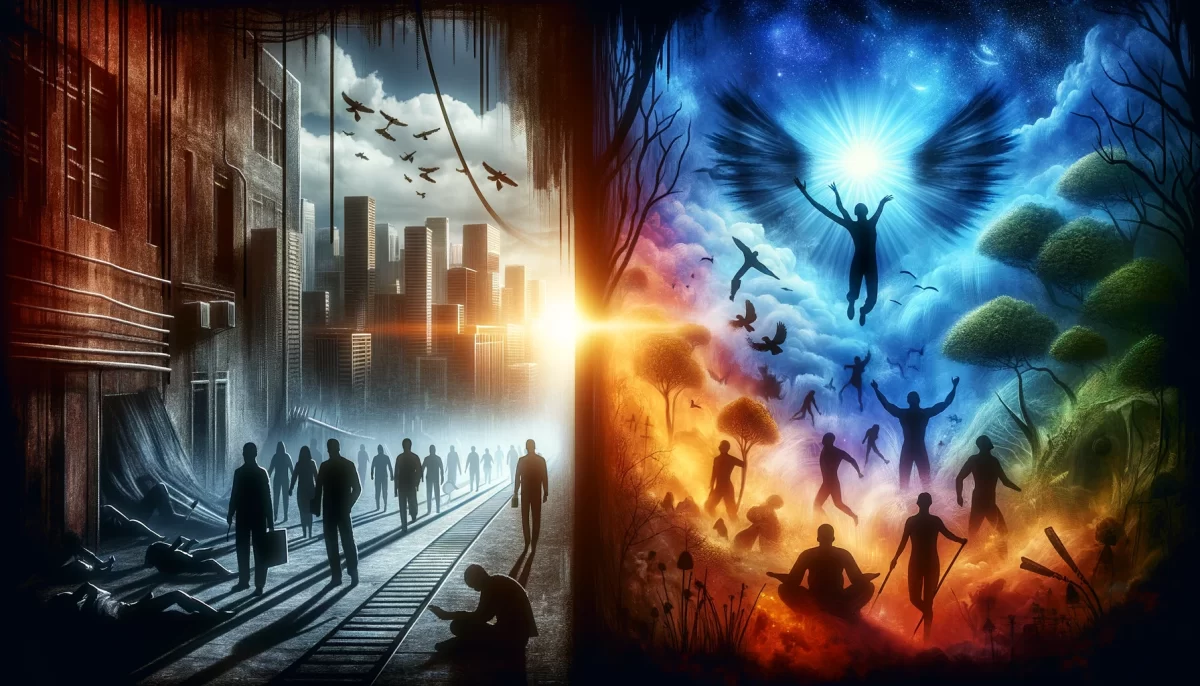
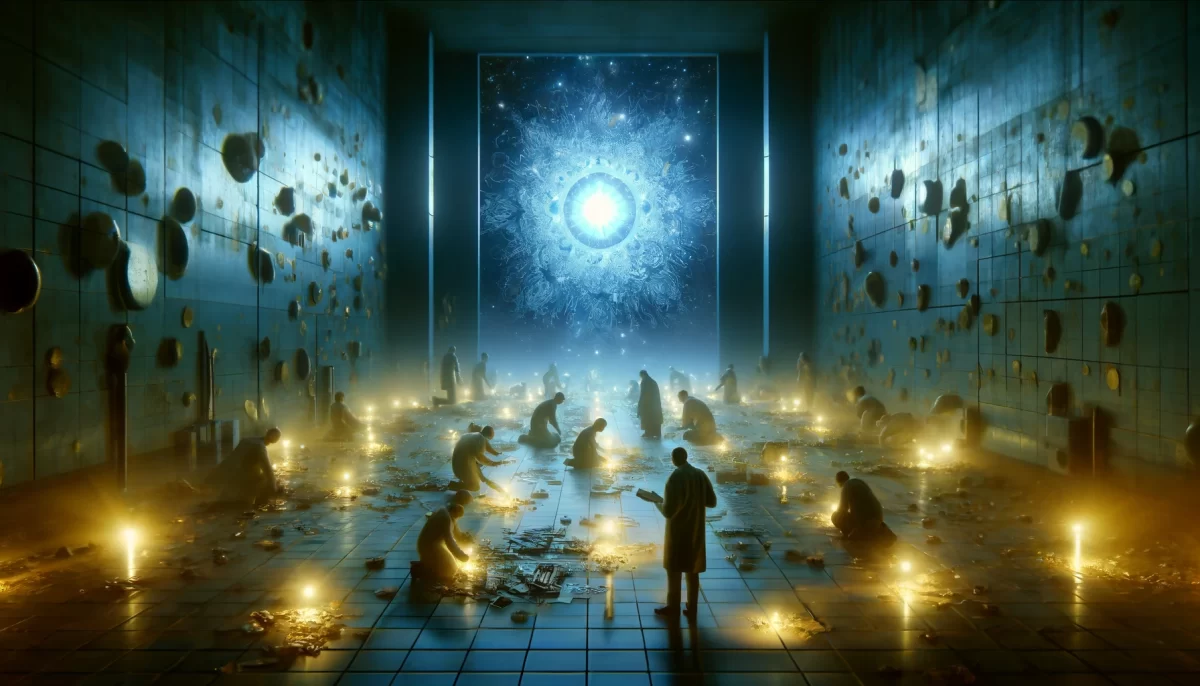
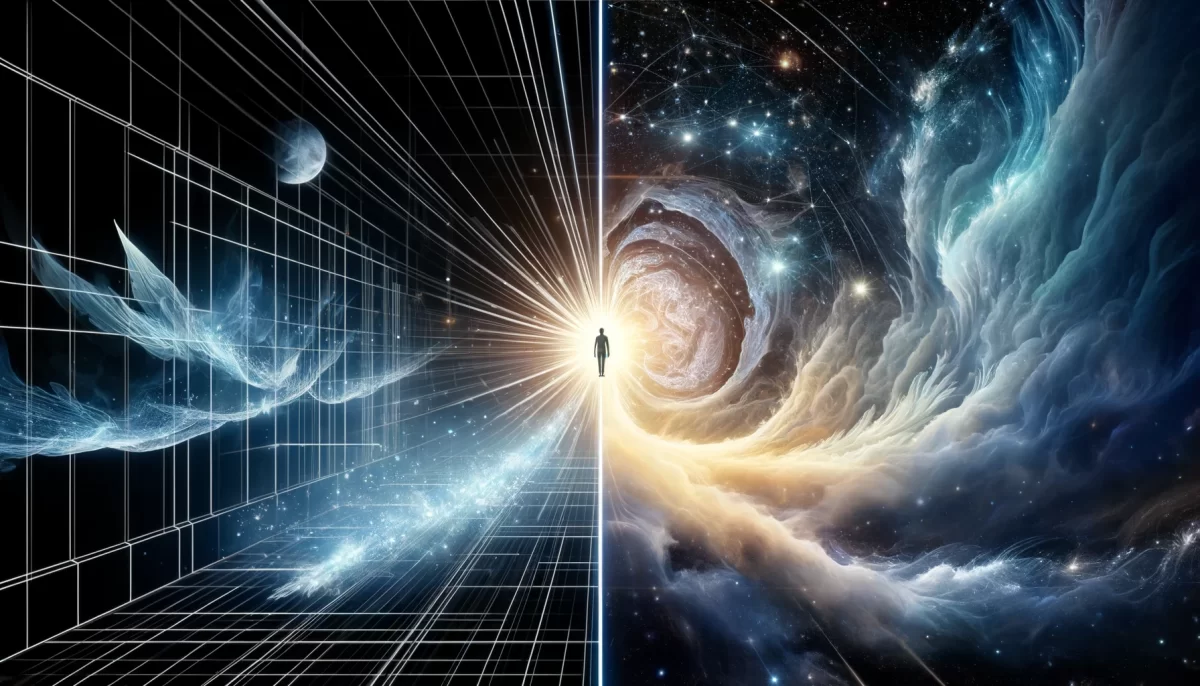
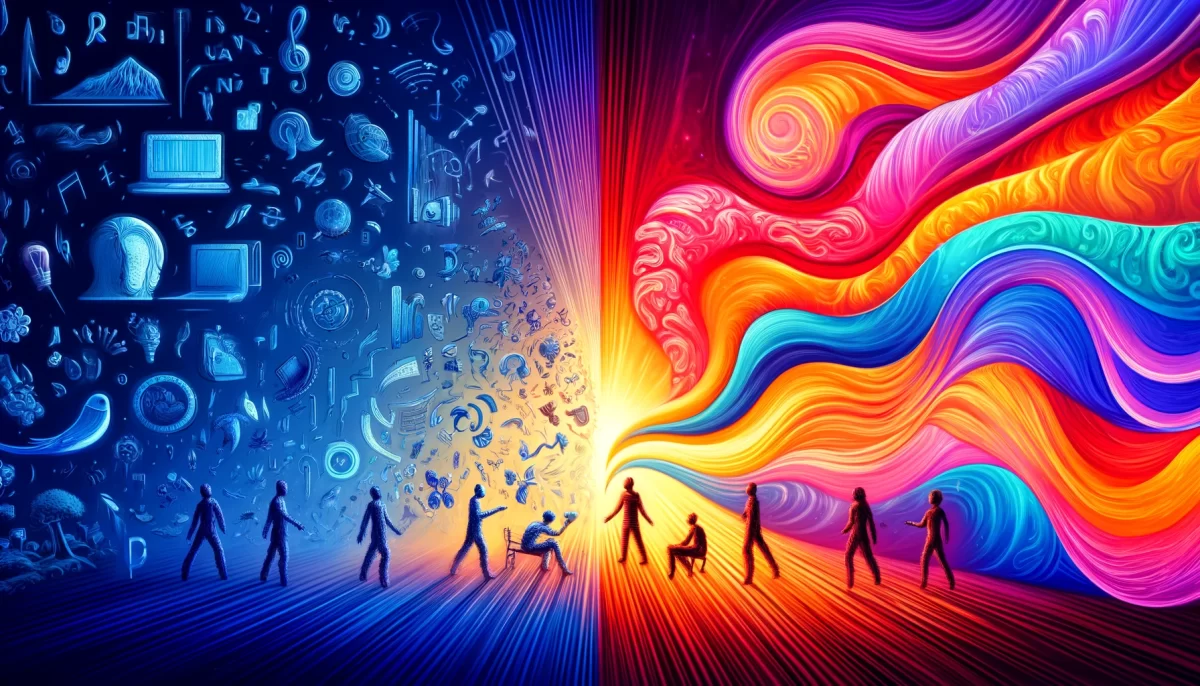
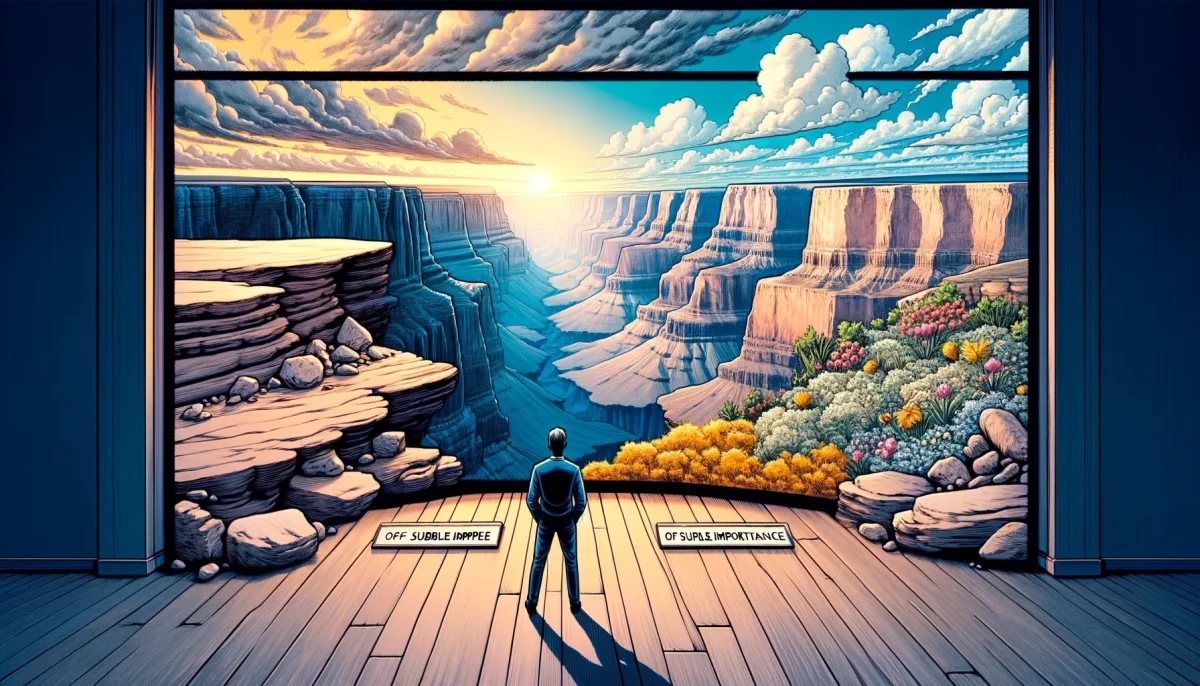
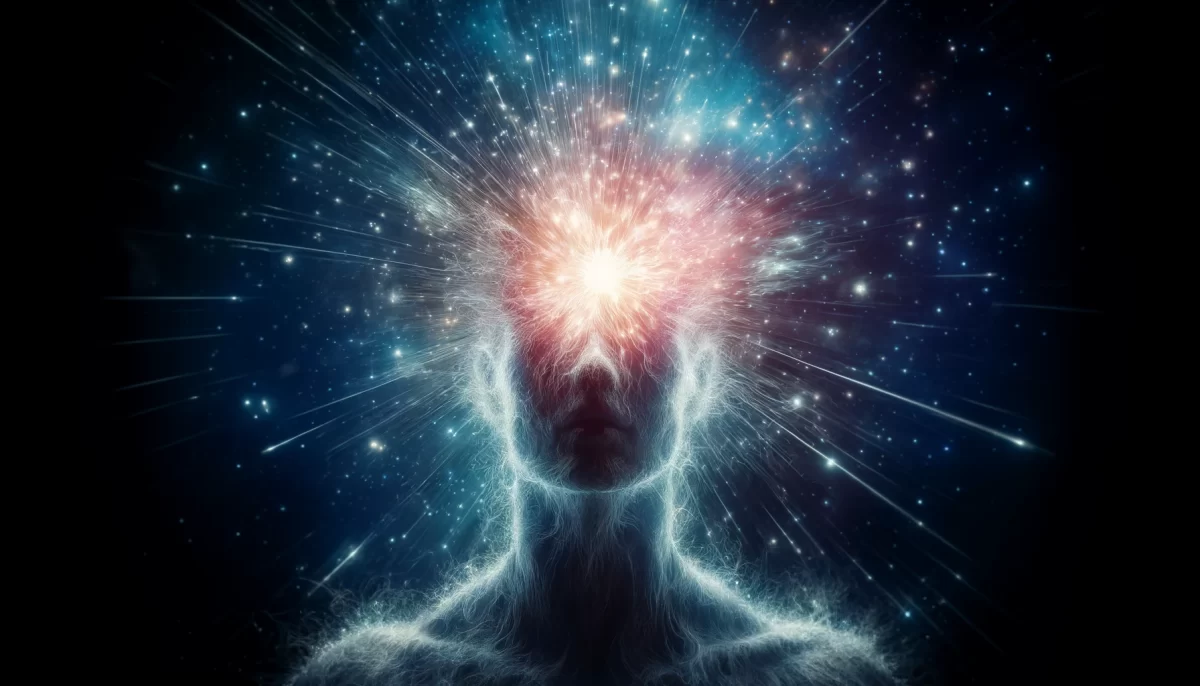
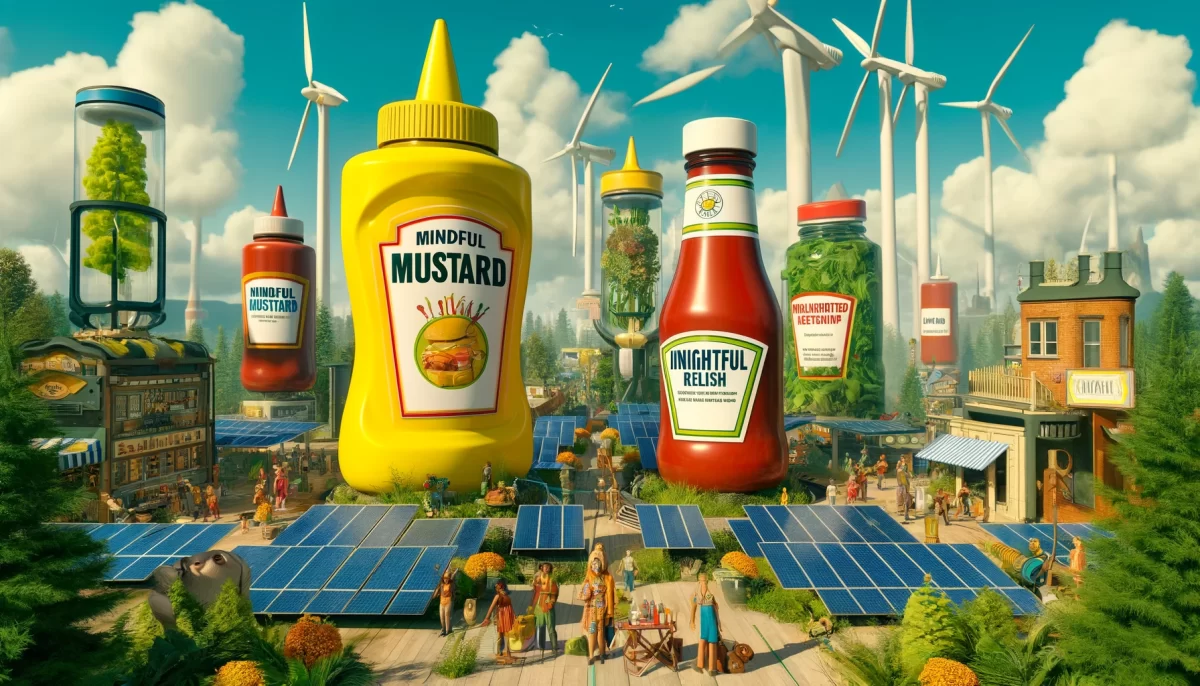



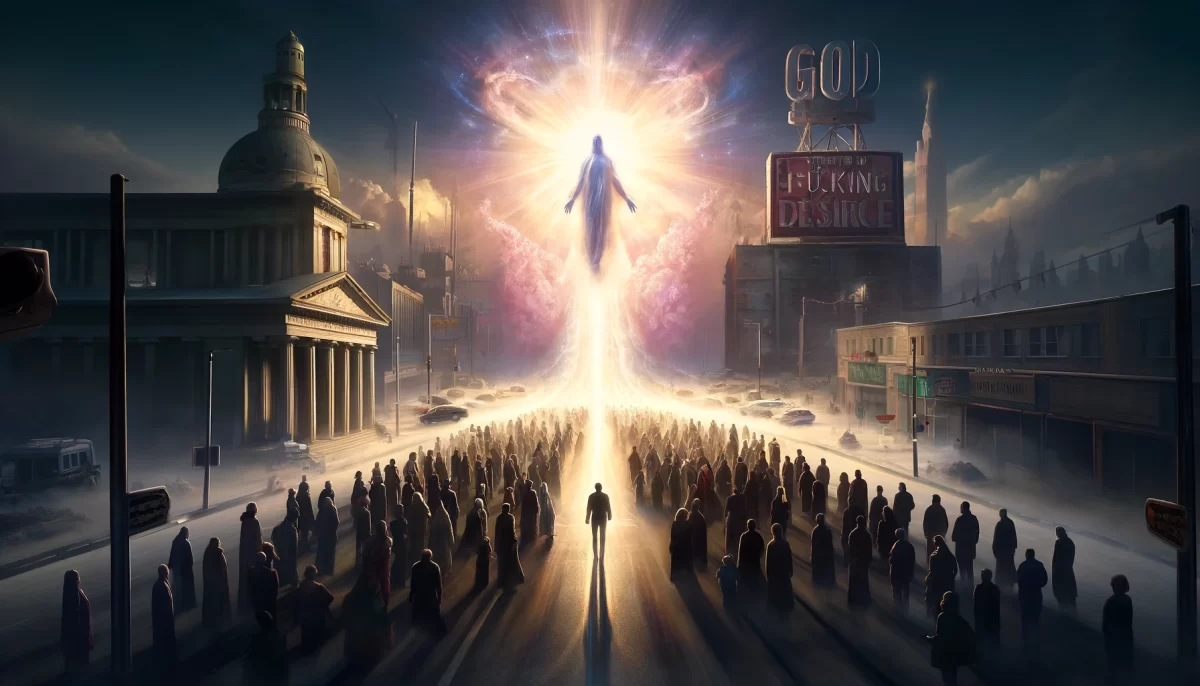
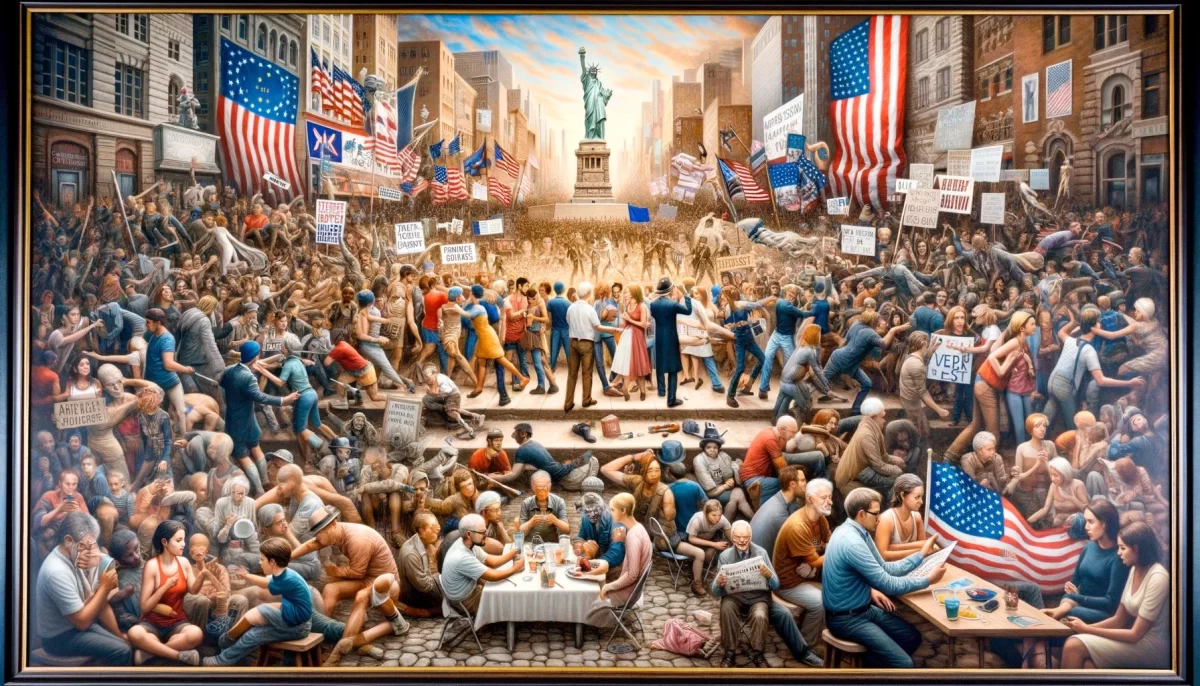
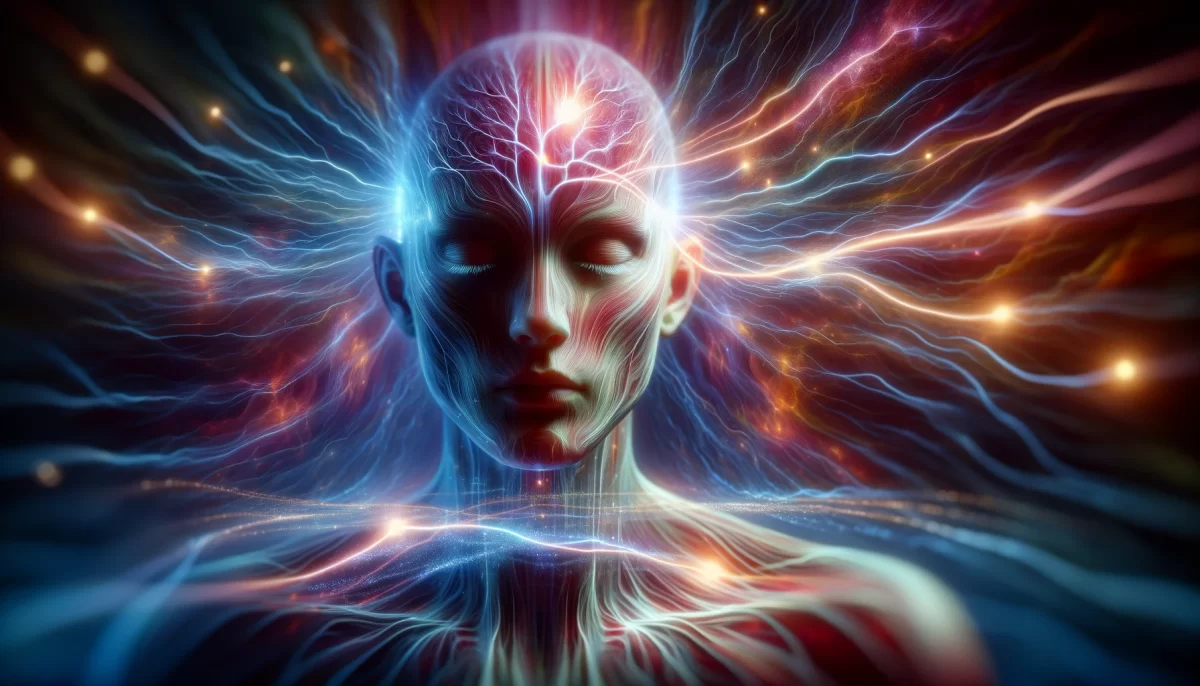
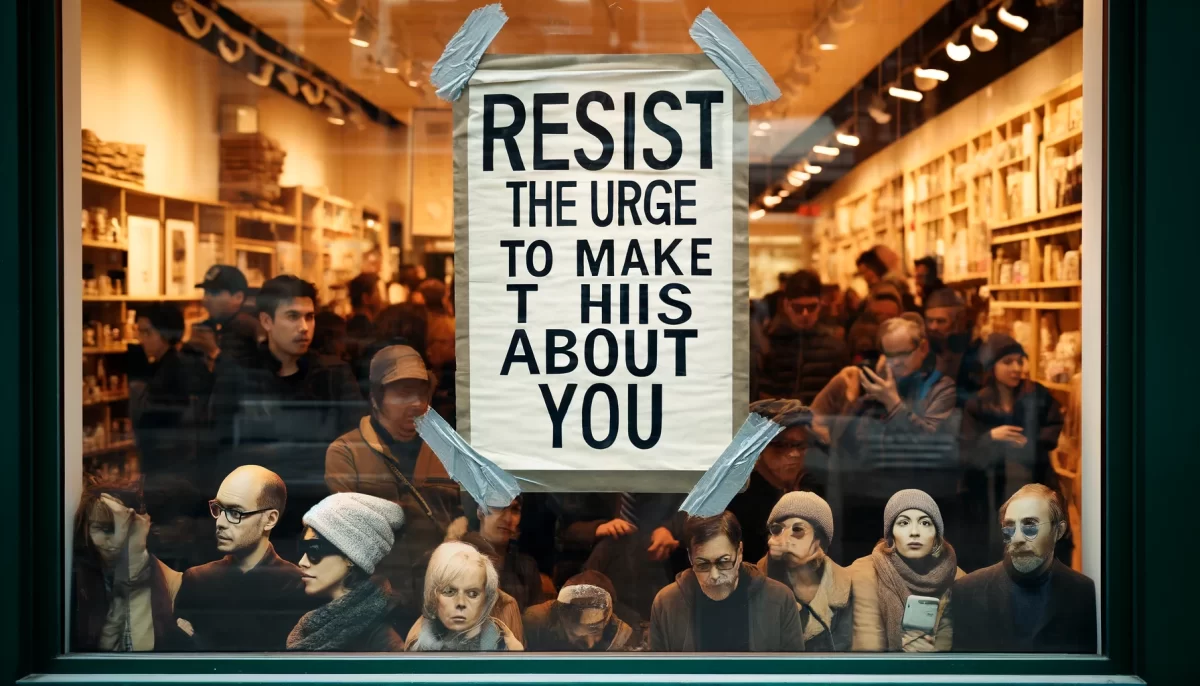
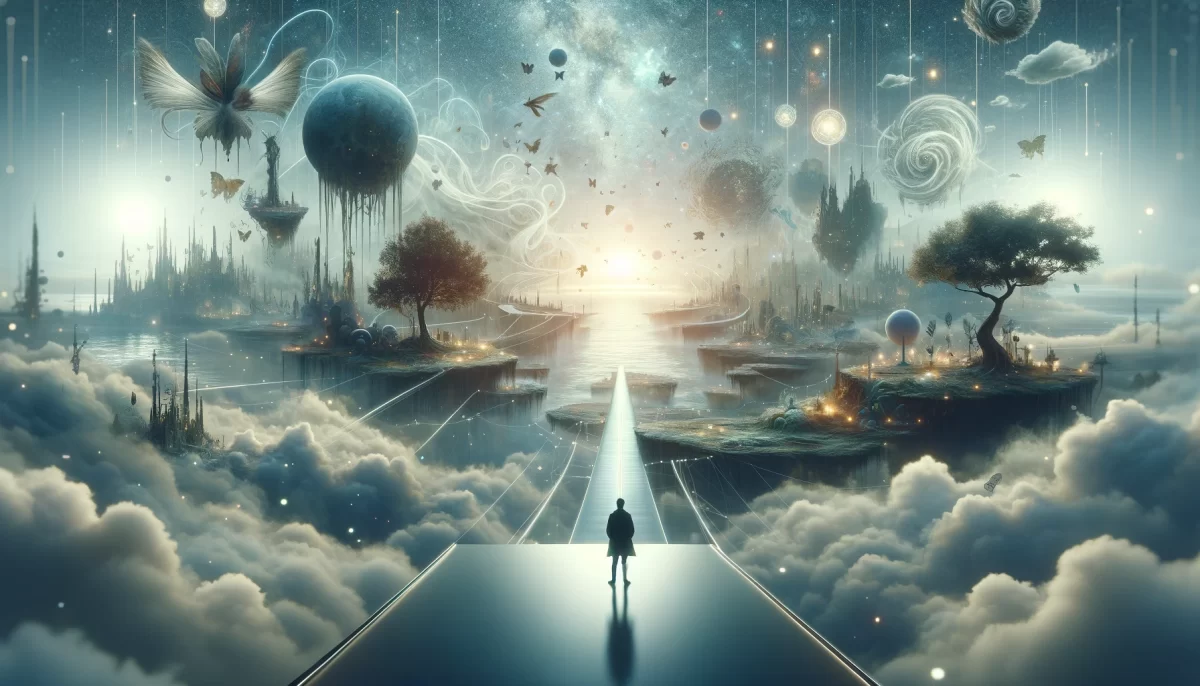
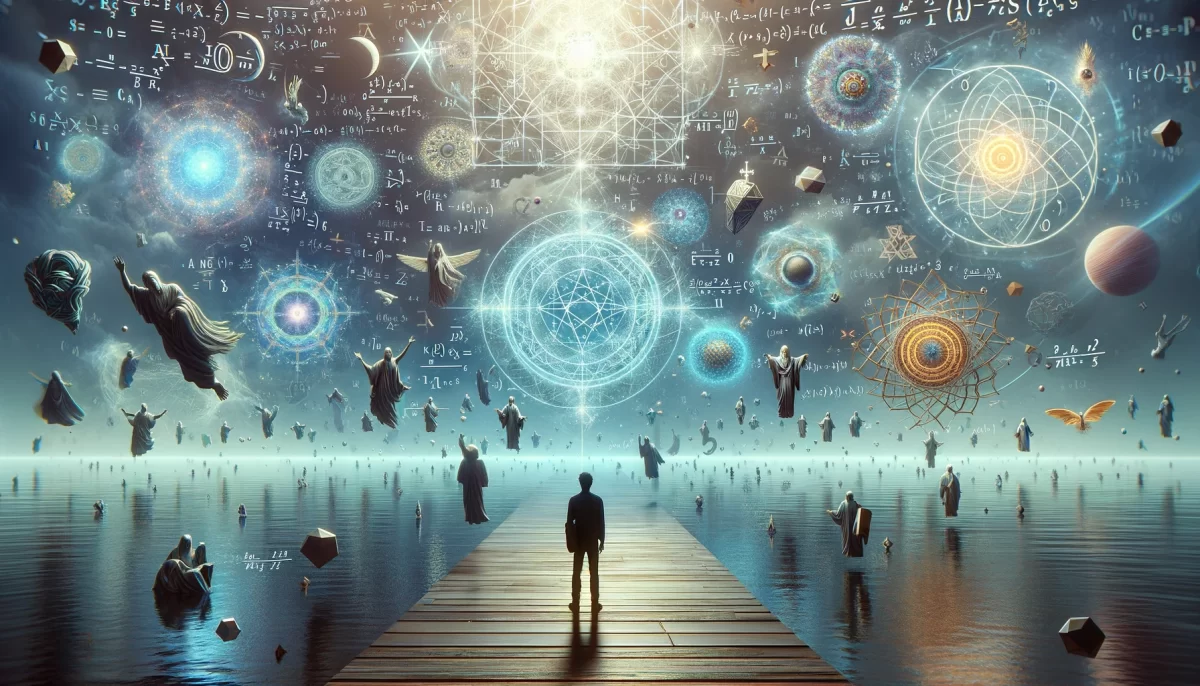
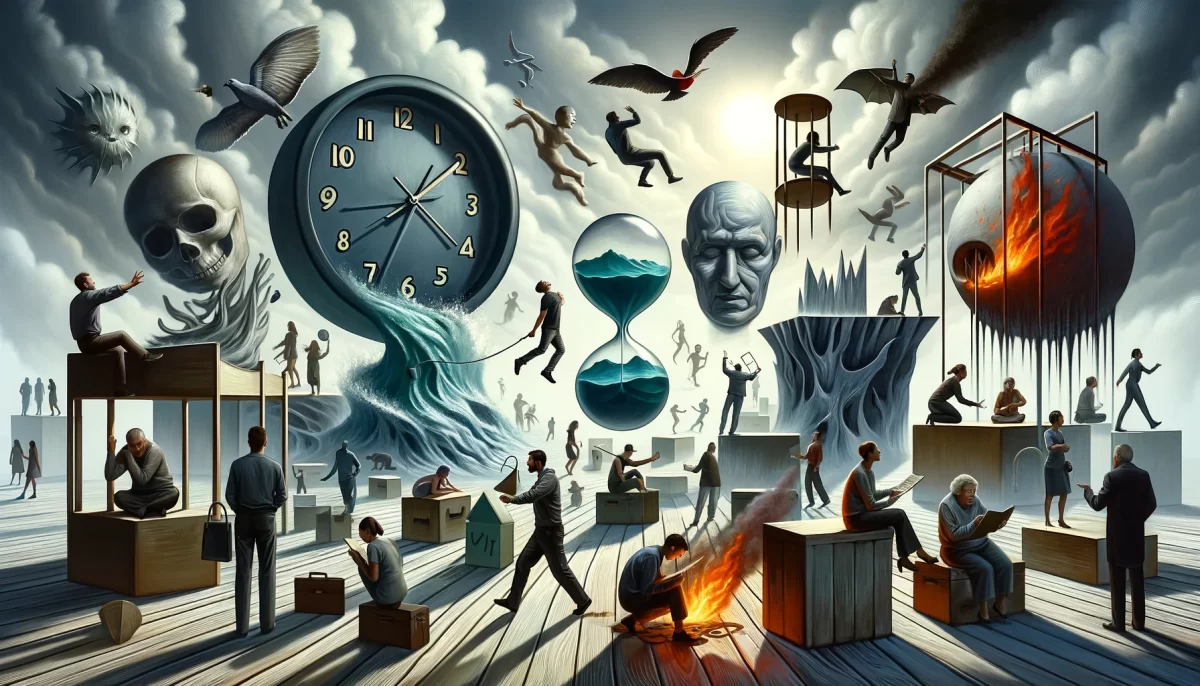
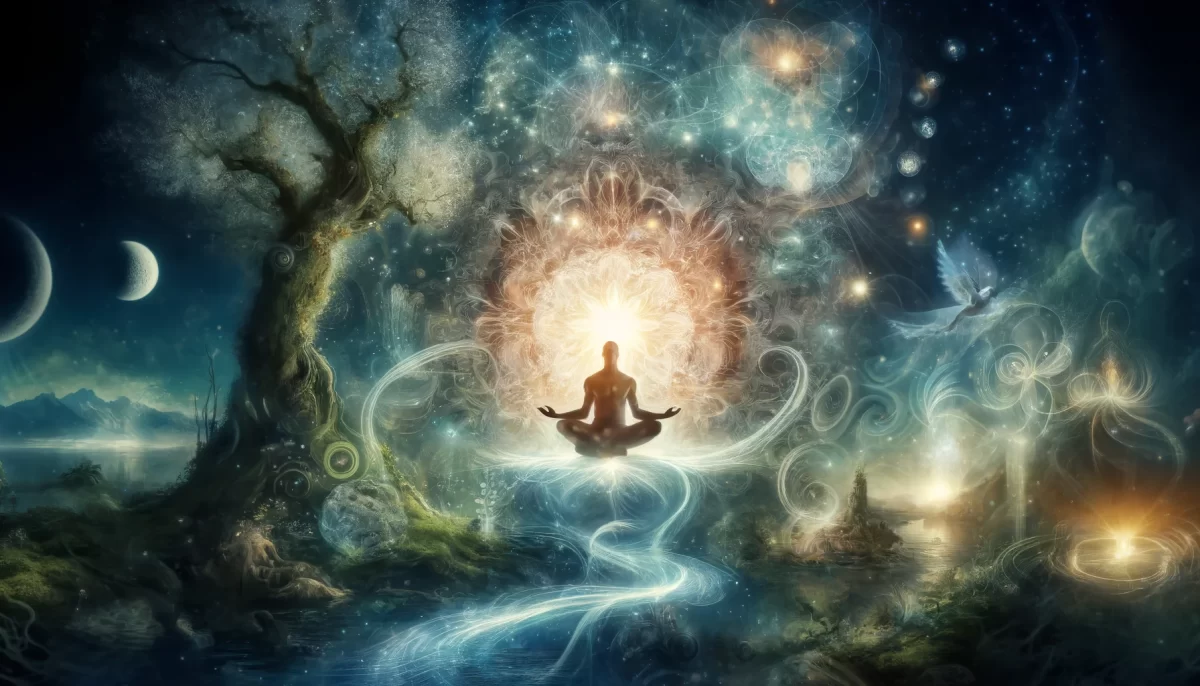
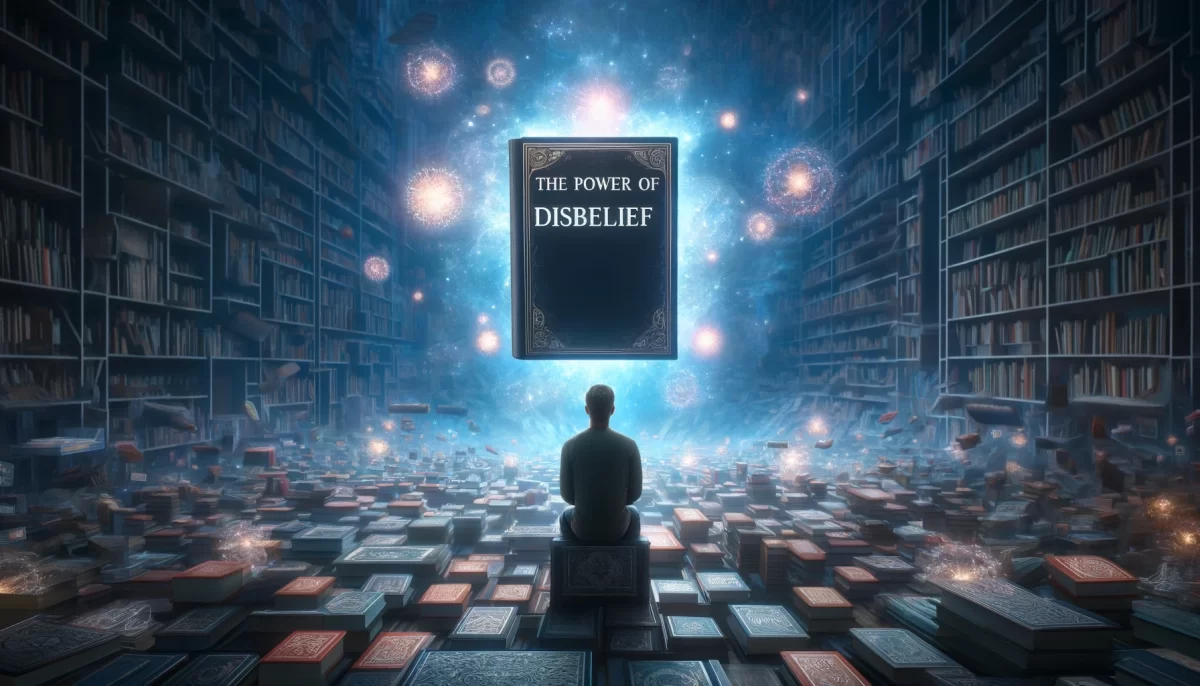
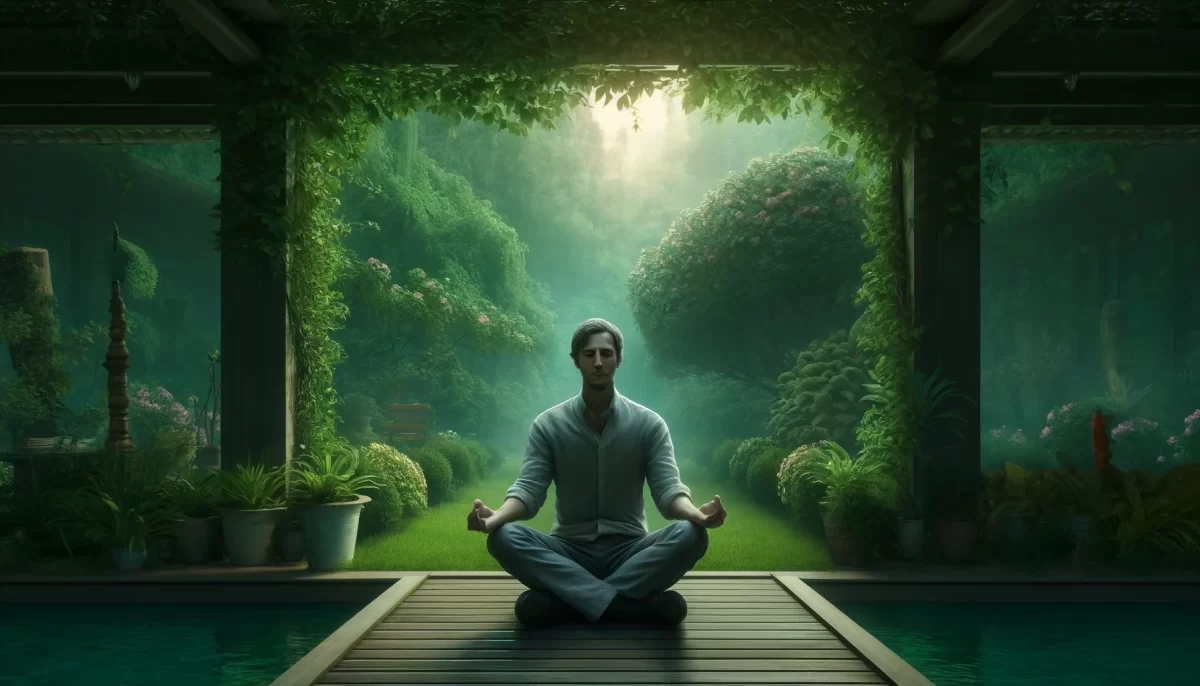
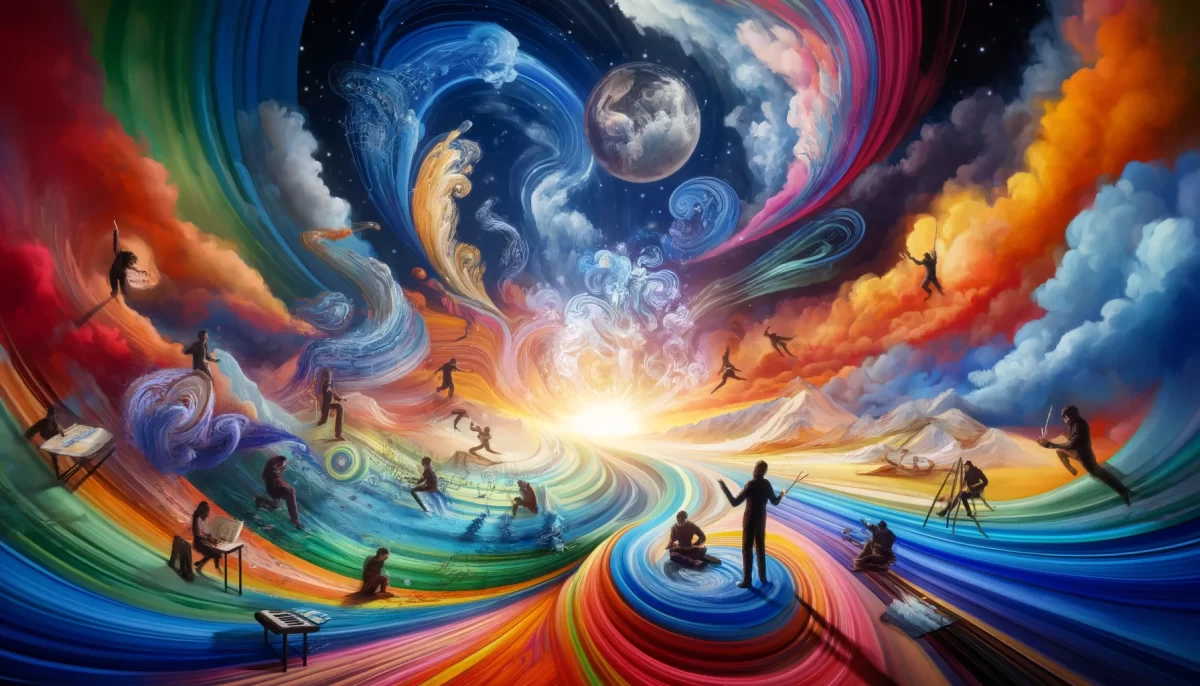
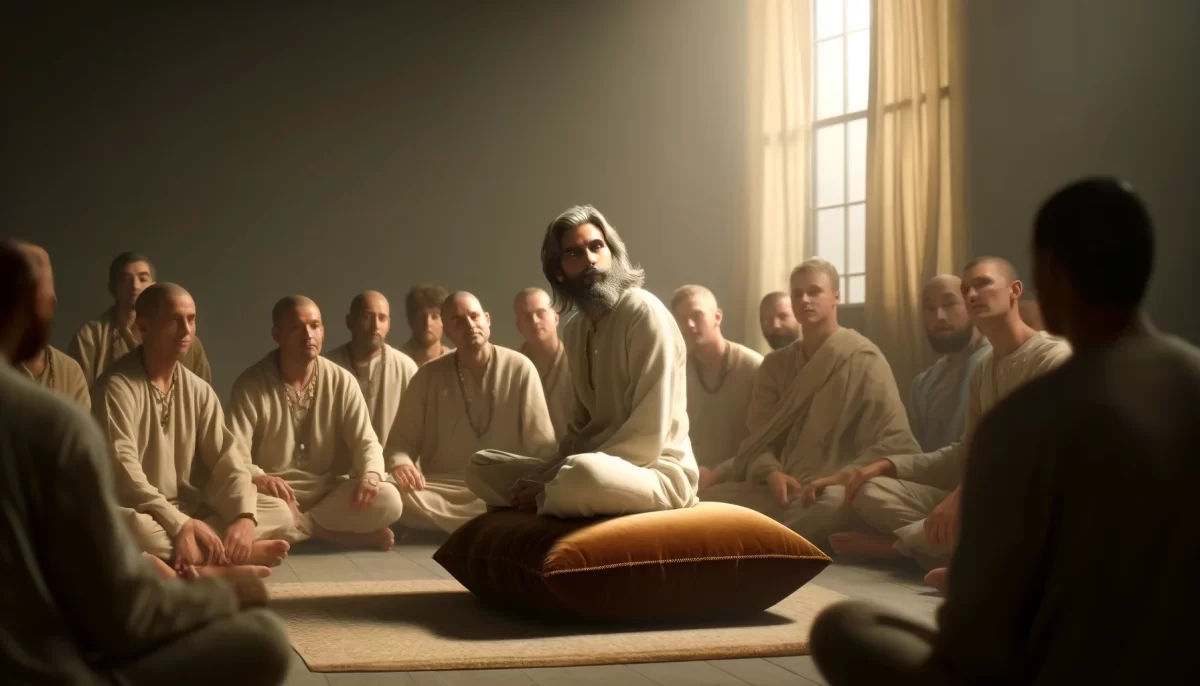
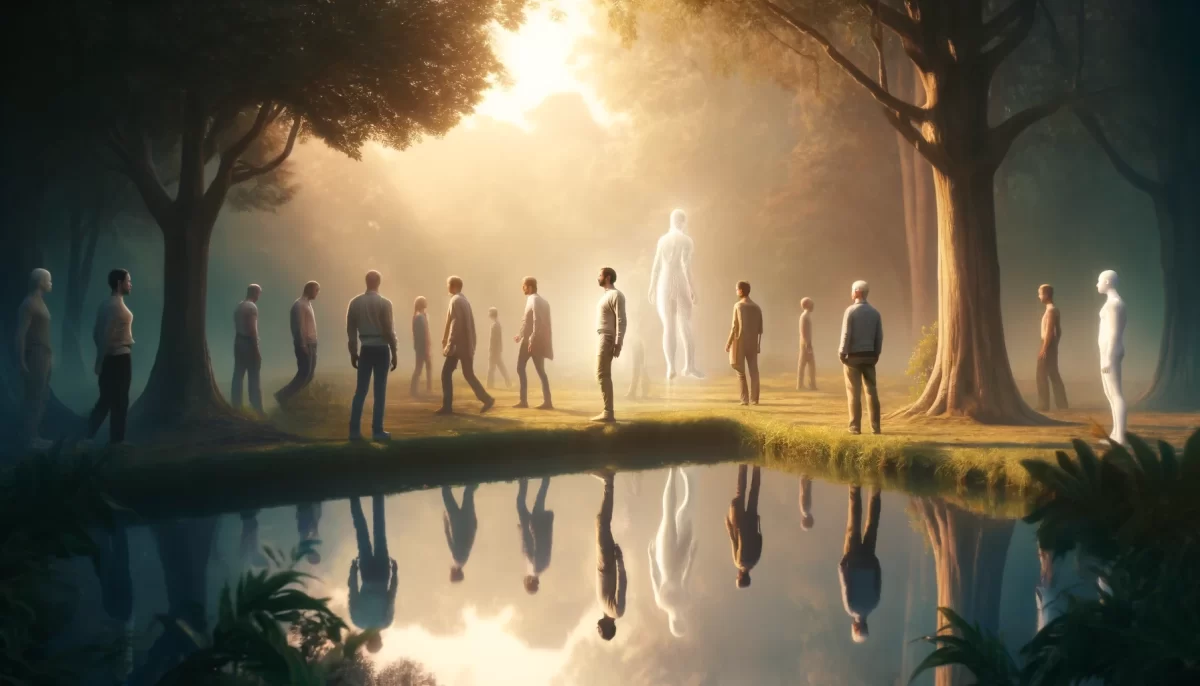

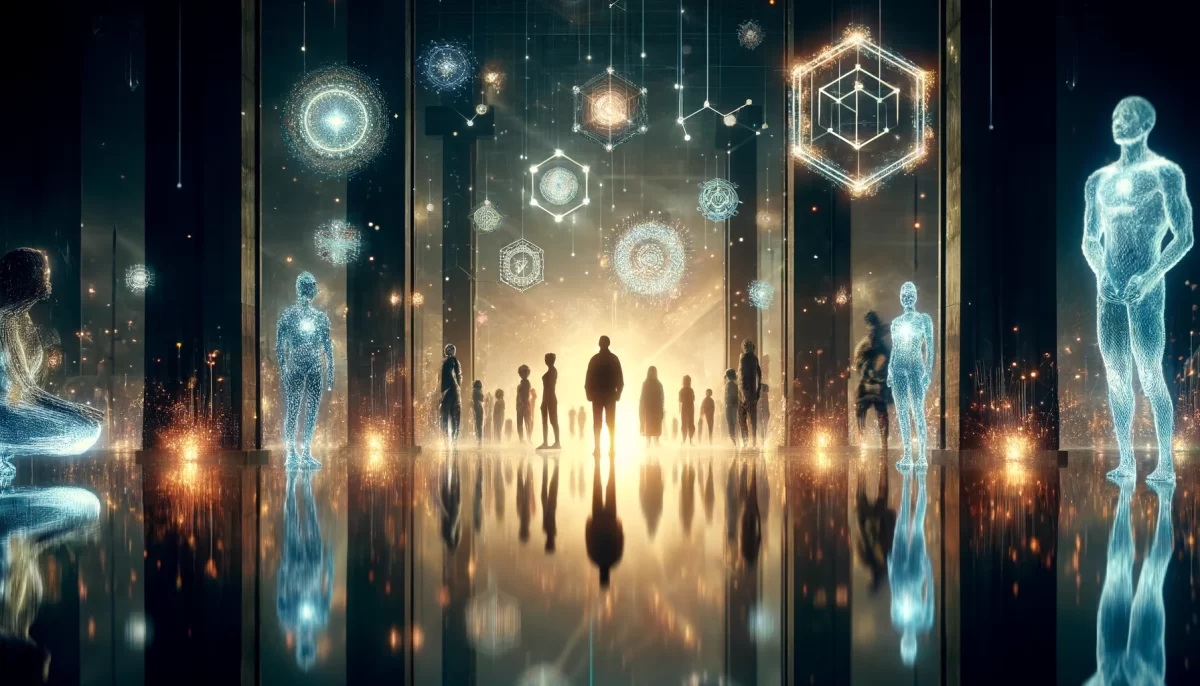
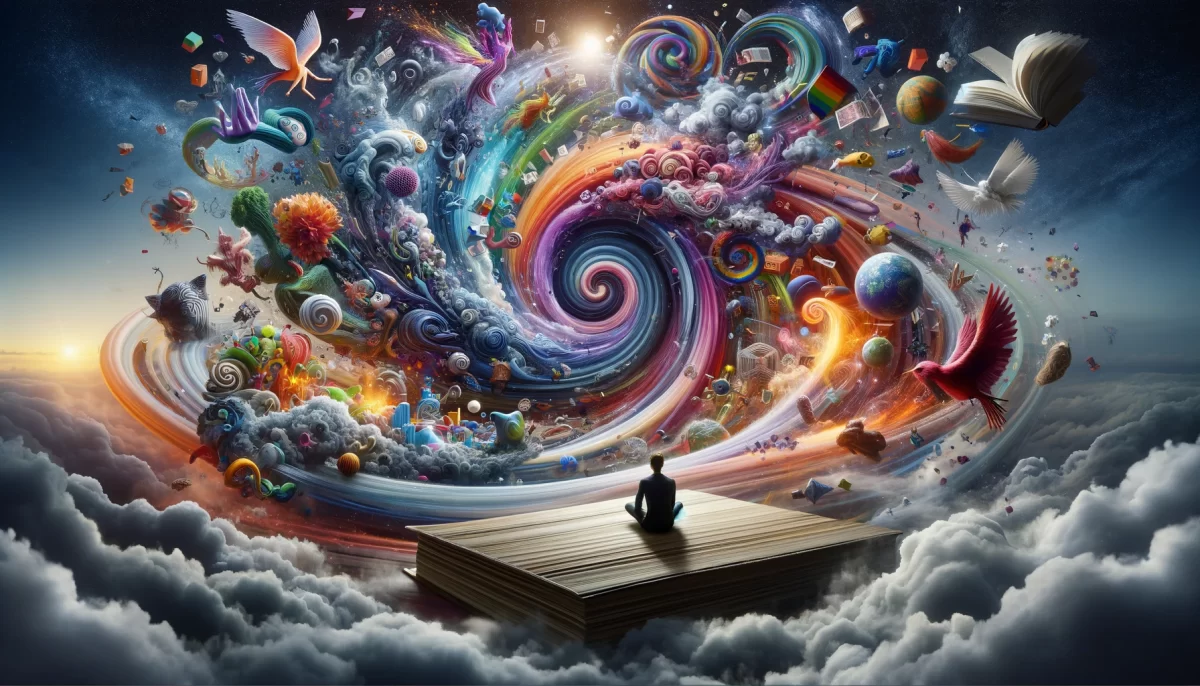
Leave a Reply